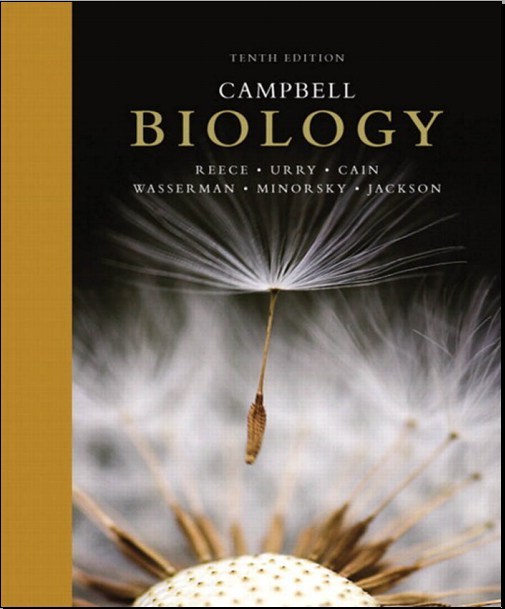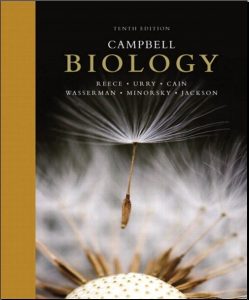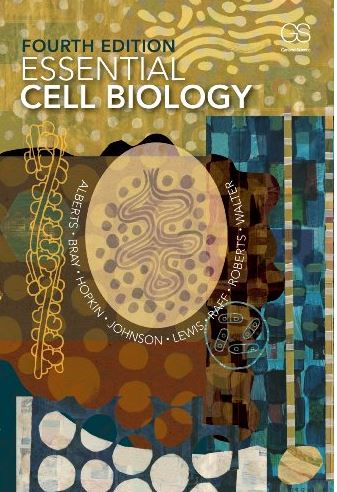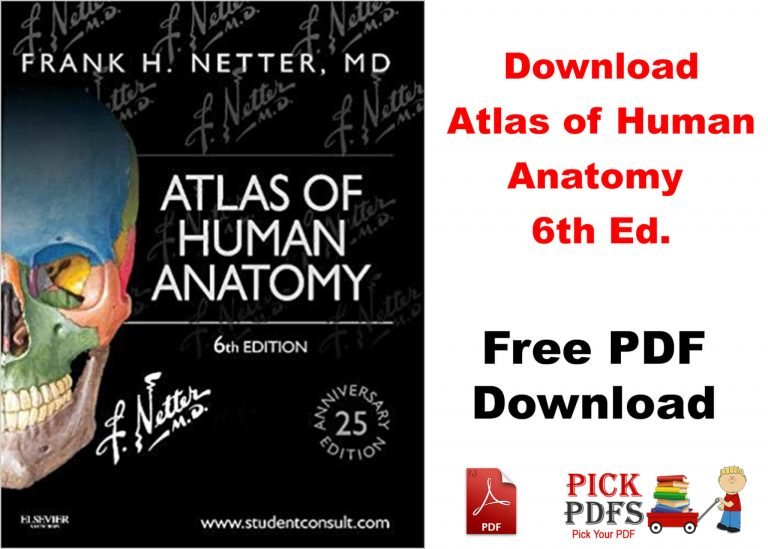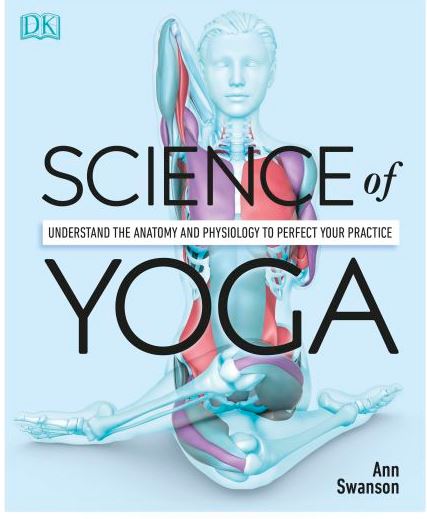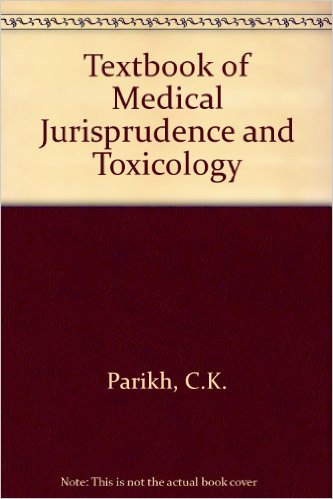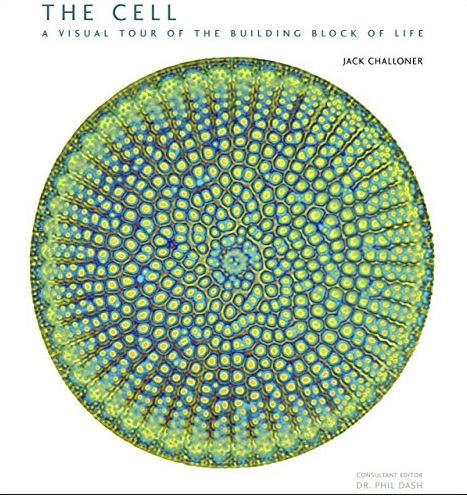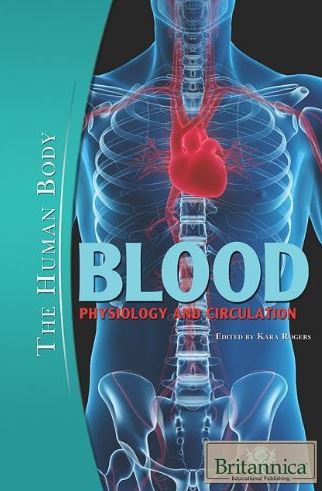Campbell Biology 10th Edition PDF download
Campbell BIOLOGY has been the leading college text in the biological sciences for the last quarter century. It has been translated into dozens of languages, and its eleventh edition is now available. The text is renowned for its clear and concise writing, engaging art program, and sound scientific coverage. Campbell BIOLOGY provides students with a comprehensive view of biology, from molecules to ecosystems, while retaining a focus on the unifying themes of evolution, genetics, and ecology.Our goals for the Tenth Edition include:
• helping students make connections visually across the diverse topics of biology
• giving students a strong foundation in scientific thinking and quantitative reasoning skills
• inspiring students with the excitement and relevance of modern biology, particularly in the realm of genomics Our starting point, as always, is our commitment to crafting text and visuals that are accurate, are current, and reflect our passion for teaching and learning about biology.
Authors
Michael L. Cain
Michael Cain (Units 4, 5, and 8) is an ecologist and evolutionary biologist who is now writing full-time. Michael earned a joint degree in biology and math at Bowdoin College, an M.Sc. from Brown University, and a Ph.D. in ecology and evolutionary biology from Cornell University. As a faculty member at NEW! Mexico State University and Rose-Hulman Institute of Technology, he taught a wide range of courses, including introductory biology, ecology, evolution, botany, and conservation biology. Michael is the author of dozens of scientific papers on topics that include foraging behavior in insects and plants, long-distance seed dispersal, and speciation in crickets. Michael is also the lead author of an ecology textbook.
Steven A. Wasserman
Steve Wasserman (Unit 7) is Professor of Biology at the University of California, San Diego (UCSD). He earned his A.B. in biology from Harvard University and his Ph.D. in biological sciences from MIT. Through his research on regulatory pathway mechanisms in the fruit fly Drosophila, Steve has contributed to the fields of developmental biology, reproduction, and immunity. As a faculty member at the University of Texas Southwestern Medical Center and UCSD, he has taught genetics, development, and physiology to undergraduate, graduate, and medical students. He currently focuses on teaching introductory biology. He has also served as the research mentor for more than a dozen doctoral students and more than 50 aspiring scientists at the undergraduate and high school levels. Steve has been the recipient of distinguished scholar awards from both the Markey Charitable Trust and the David and Lucille Packard Foundation. In 2007, he received UCSD’s Distinguished Teaching Award for undergraduate teaching.
Peter V. Minorsky
Peter Minorsky (Unit 6) is Professor of Biology at Mercy College in New York, where he teaches introductory biology, evolution, ecology, and botany. He received his A.B. in biology from Vassar College and his Ph.D. in plant physiology from Cornell University. He is also the science writer for the journal Plant Physiology. After a postdoctoral fellowship at the University of Wisconsin at Madison, Peter taught at Kenyon College, Union College, Western Connecticut State University, and Vassar College. His research interests concern how plants sense environmental change. Peter received the 2008 Award for Teaching Excellence at Mercy College.
Jane B. Reece
The head of the author team for recent editions of CAMPBELL BIOLOGY, Jane Reece was Neil Campbell’s longtime collaborator. Earlier, Jane taught biology at Middlesex County College and Queensborough Community College. She holds an A.B. in biology from Harvard University, an M.S. in microbiology from Rutgers University, and a Ph.D. in bacteriology from the University of California, Berkeley. Jane’s research as a doctoral student and postdoctoral fellow focused on genetic recombination in bacteria. Besides her work on the Campbell textbooks for biology majors, she has been an author of Campbell Biology: Concepts & Connections, Campbell Essential Biology, and The World of the Cell.
Neil A. Campbell
Neil Campbell (1946–2004) combined the investigative nature of a research scientist with the soul of an experienced and caring teacher. He earned his M.A. in zoology from the University of California, Los Angeles, and his Ph.D. in plant biology from the University of California, Riverside, where he received the Distinguished Alumnus Award in 2001. Neil published numerous research articles on desert and coastal plants and how the sensitive plant (Mimosa) and other legumes move their leaves. His 30 years of teaching in diverse environments included introductory biology courses at Cornell University, Pomona College, and San Bernardino Valley College, where he received the college’s first Outstanding Professor Award in 1986. He was a visiting scholar in the Department of Botany and Plant Sciences at the University of California, Riverside. Neil was the lead author of Campbell Biology: Concepts & Connections, Campbell Essential Biology, and CAMPBELL BIOLOGY.
Product details
- Publisher : Pearson; 11th edition (October 19, 2016)
- Language : English
- Hardcover : 1488 pages
- ISBN-10 : 0134093410
- ISBN-13 : 978-0134093413
- Item Weight : 7.4 pounds
- Dimensions : 2.1 x 9.3 x 11 inches
Disclaimer
